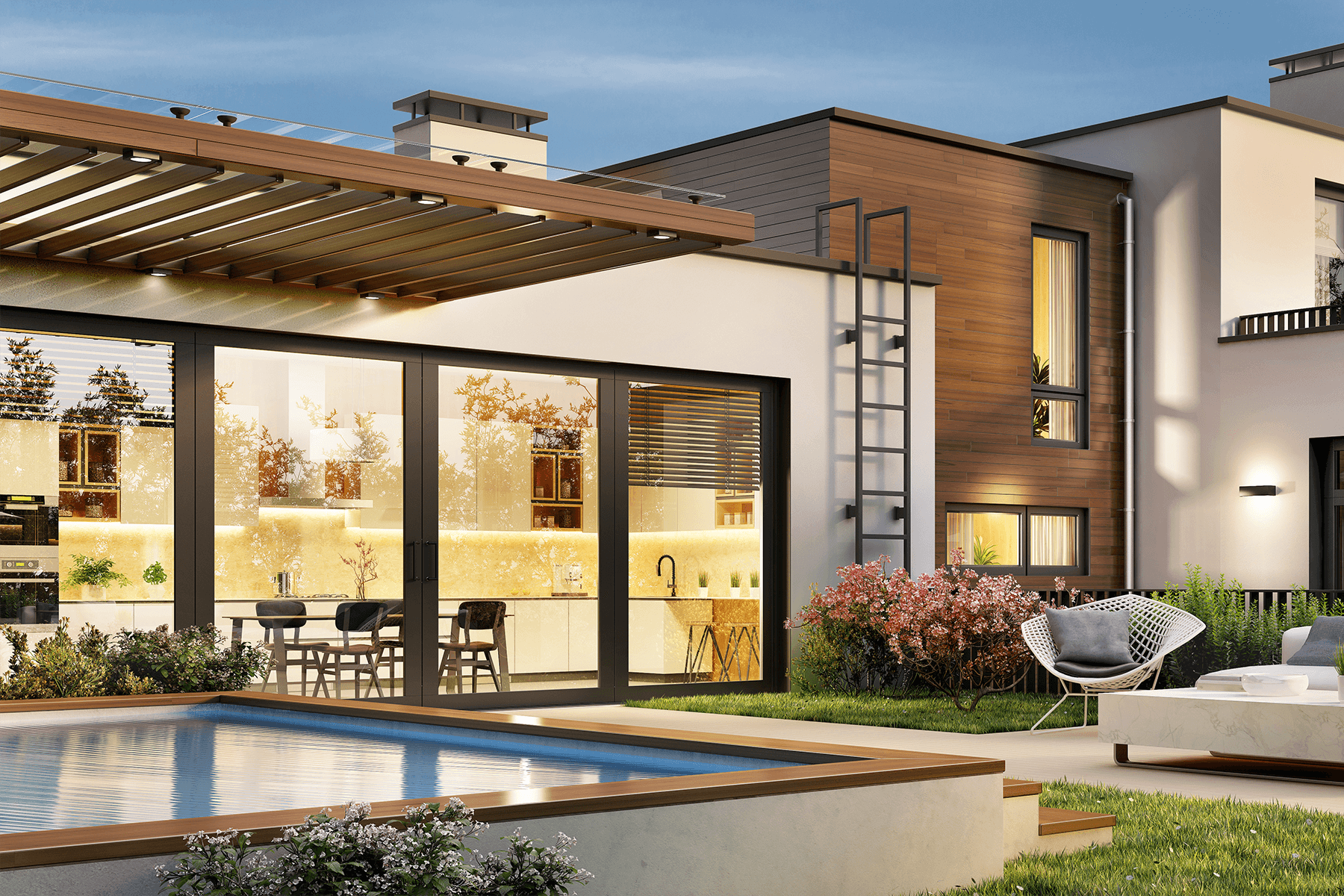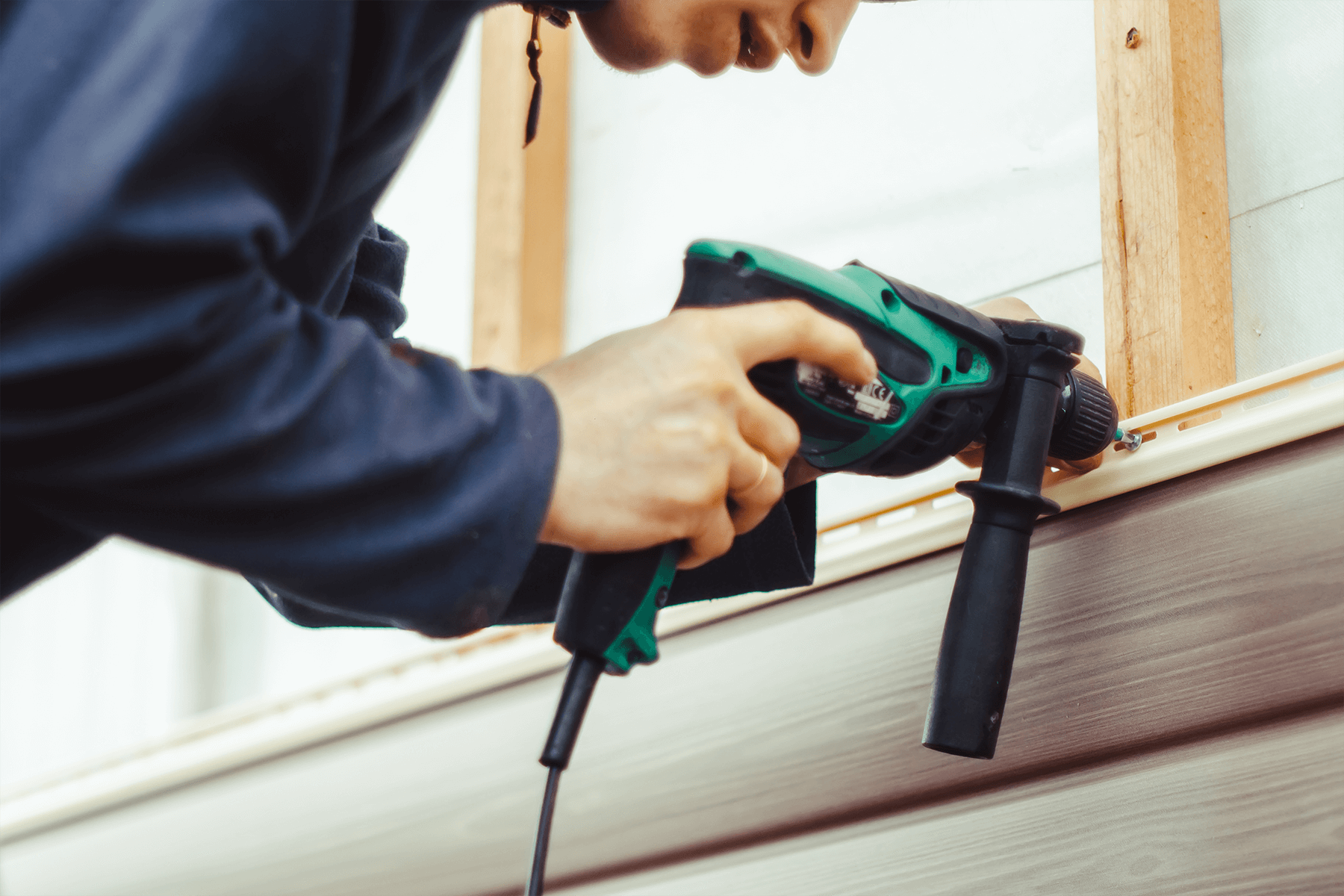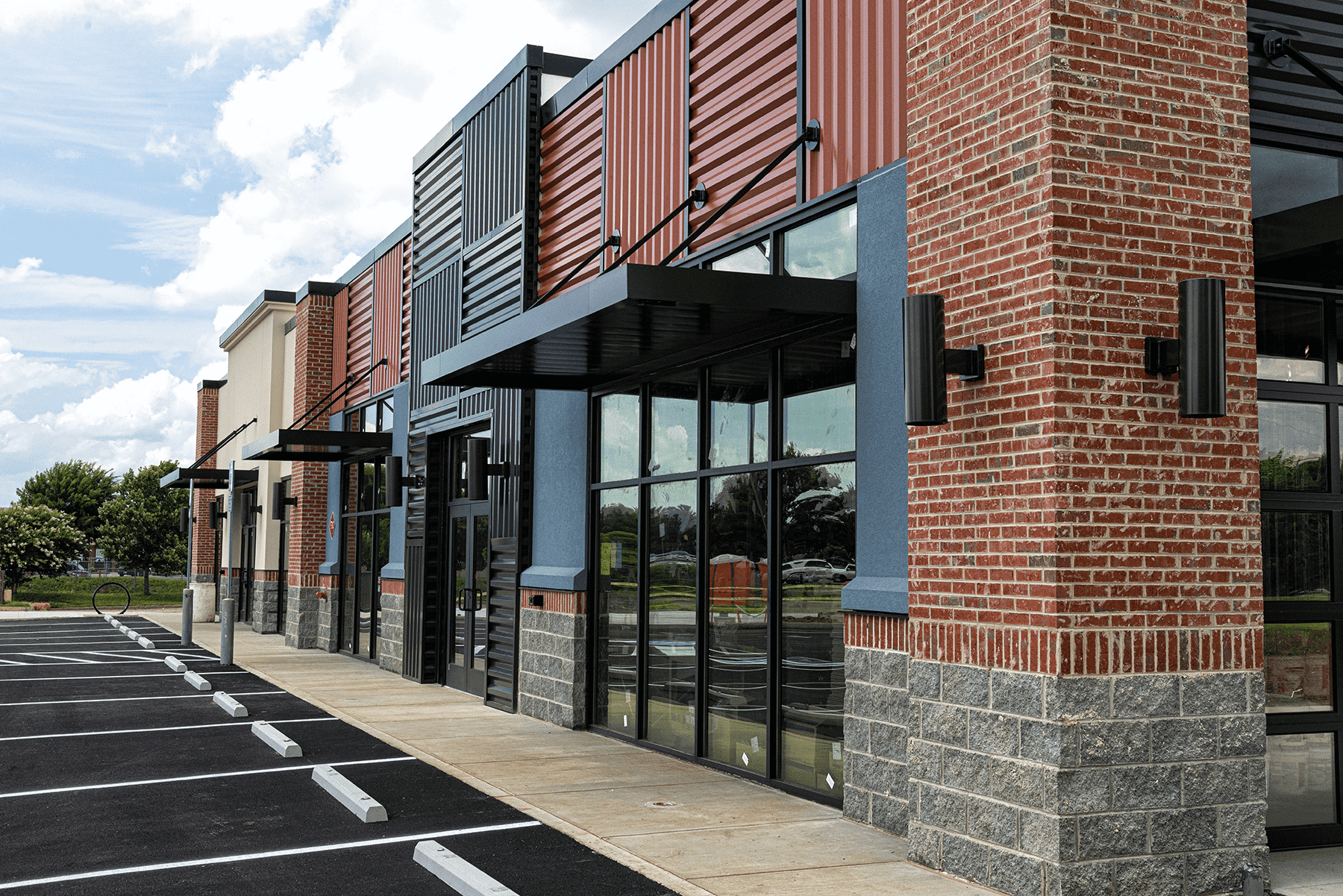Enter your zip to find local experts.
Best Siding Contractors in America
Ranked in Order from Best to Worst
Siding may be a difficult task, but finding someone to do it for you is easy as could be!
So, you've decided that you don't want to be the one responsible for your siding project. But, who can you trust to get the job done right at an affordable price? We’ve aggregated data from around the web and used complex statistical models to figure out the best siding contractors for each type of material.
Hire Better Siding Contractors!
Get Siding Quotes NowData you can trust
You don't have to take our word for it. We let the data speak for itself. Our team of data scientists have figured out who the best are and we share that info with you!
Top Cities:

Licensed Contractors
Any reputable siding company should be licensed to work in your state. Find legitimate licensed siding contractors near you for your installation or repair work.

Properly Insured
Though not likely, accidents do happen. Have peace of mind, knowing that the siding contractor you hire is properly insured before they start work on your project.

Experienced Professionals
Whether you need minor repair work or a complete install, our network of experienced professionals has the know-how and expertise to do the job right.

Compare & Save
Looking to get the job done right without spending a fortune? Get a reliable and affordable quote on your siding project right now from our network of licensed siding contractors.
Find Siding Contractors By State
Siding Installation and Repair
There are many reasons why you might be in the market for a siding contractor. Maybe you need some simple repairs done on your existing siding. Or perhaps you have in mind an extensive makeover for your home’s exterior. Whatever the reason, it’s vital that you hire a reliable, licensed contractor to do the job properly. Siding your home is an important investment, whether you’re looking to upgrade your curb appeal, improve energy efficiency, or increase your home’s resale value.
To make sure you hire the best company for the job, use CLAD Siding to gather quotes from a wide variety of licensed, insured siding contractors in just minutes. Click now for free quotes from local siding installation companies – all have the experience and expertise you need to bring your vision to life.
Services Available from Siding Companies
Types of Exterior Home Siding
Choosing the right cladding for your home can make all the difference in improving its appearance and value. Certain styles suit some houses and areas more than others and materials vary widely in cost. It’s important to be familiar with the many forms of siding on the market so you can make the best decision for your budget and taste.
What to Consider When Choosing Siding
So, you’ve decided to upgrade the exterior of your home by adding new siding, but there are so many kinds to choose from. How do you decide what type to choose? Beyond determining the style and design of your home, siding provides many other benefits, ranging from insulation and energy efficiency to protection from weather, pests, and fire.
Let’s explore some of the biggest advantages:
Find a Siding Contractor Near Me
New siding can completely change the look of your home, but your home improvement adventure can turn into a disaster if you don’t have the right contractor doing the job for you. It’s vitally important that you hire a reputable, licensed contractor for all siding installations and repairs, or you may end up with problems you never anticipated.
Following are six of the most essential things you should look for when hiring a siding contractor:
Get free contractor quotes from CLAD Siding. Click here to request free quotes from reliable, licensed, siding repair and installation contractors in your area.


